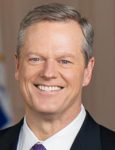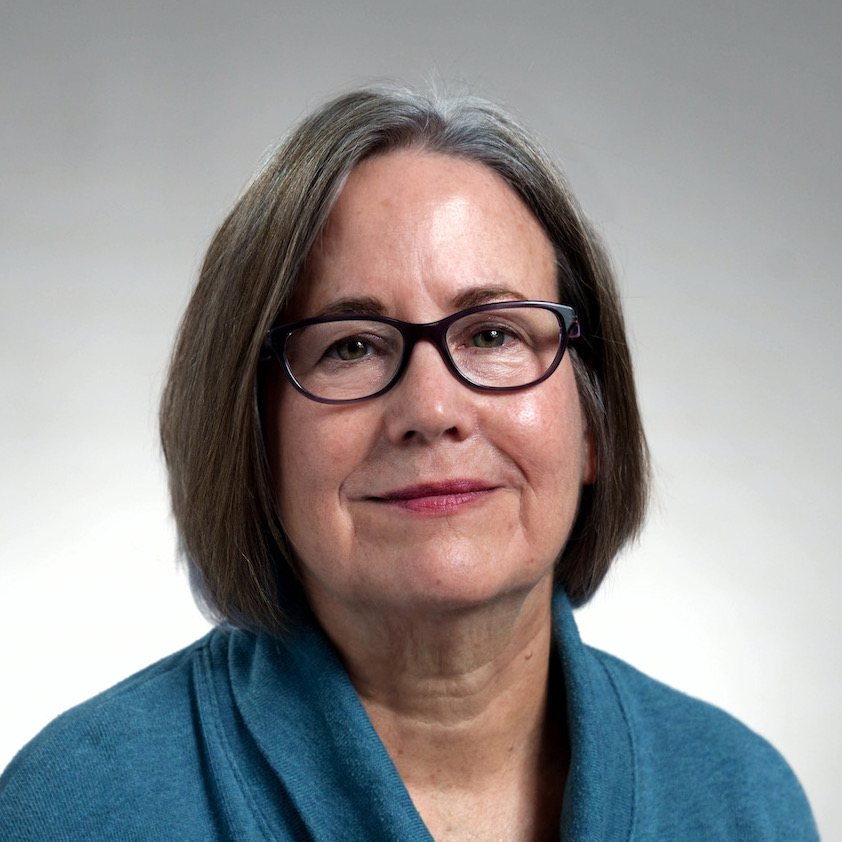
David Abel had had enough.
The Boston Globe’s environmental writer was used to being denied interviews with state scientists and officials. But this latest refusal from the administration of Massachusetts Governor Charlie Baker was just too absurd.
Abel had been forbidden to speak with the state ornithologist. (Yes, this is Massachusetts, we have such an official.) His topic was not politically sensitive. “This was a story about f***ing birds,” Abel told me.
So he went public in a big way and, in so doing, provided an example for health care reporters, who often face similar frustrations at the state and federal levels.
Abel said he typically mentions in his stories when state officials decline to answer questions. With the bird incident, he wanted to take it a step further and point out that the denial follows “a pattern of refusing to allow many state scientists to speak to the Globe.”
Abel checked with Globe editor Brian McGrory, who not only approved the statement, he suggested Abel write a column about his difficulties.
McGrory told me that Abel’s concerns reflect “a widespread frustration in the Globe newsroom that state officials, as a common practice, don’t answer simple and often essential questions about the work of state government.”

Posted on bostonglobe.com on May 13, the column described how Abel’s attempts to speak with administration officials almost always yield “a self-serving statement with background bullet points” instead of answers.
The column showed, McGrory said, “that it’s not about reporters having their feelings hurt or their jobs made tougher. It’s about state officials showing a lack of respect for the public – people who fund the programs, have an interest in policies, and are often directly affected by programs.”
The column was not prominently featured on the Globe’s website and was not published in print. Still, it got plenty of attention. When Abel tweeted a link to it, the tweet quickly exploded – earning him more retweets than anything he’d written since the Boston Marathon bombing.
Other Globe reporters, including me, tweeted about our own frustrations getting information from the Baker administration.
For example, I’ve been covering the opioid crisis in Massachusetts since Baker took office in 2015, but for four years I was almost never allowed to speak with anyone in the state’s Bureau of Substance Addiction Services. (I’m hopeful that will change with a new director, whom I met today.) Writing about issues surrounding professional regulation, I was barred from speaking with people directly involved with that agency’s work.
Often we hear that government employees are too busy for interviews, or simply unwilling to speak with reporters. That may be true, sometimes. But nearly every reporter has chatted informally with an expert who’s happy to go on the record, only to have the door slammed shut when asked to get clearance from the press office. That’s exactly what happened to Abel.
A health care reporter recently encountered a similarly absurd situation while trying to get an interview with a federal government expert for an audio project. Unable to get a commitment, she noticed that the expert was scheduled to appear on a Saturday morning panel at AHCJ’s annual conference earlier this month.
The reporter asked if she could pull the expert aside for half an hour before or after the panel to record her interview. Clearly this expert, appearing at a journalism conference and taking questions in a public forum, did not object to speaking with journalists. But the reporter was denied the interview, and told that his press representative would be on hand to keep her at bay.
I used to think that readers just want the story, not accounts of the reporter’s struggle to get it. But especially in the current environment with press freedoms under threat, I believe stonewalling by public officials is part of the story, and sometimes makes a story on its own.
Several readers who commented on Abel’s column clearly grasped what was at stake. Here’s a typical comment: “Unacceptable. Our governor and his staff work for the PUBLIC, we have a right to know what they are doing.”
I emailed Baker’s spokeswoman, Elizabeth Guyton, to ask for a reaction to Abel’s column. I also posed several specific questions about the rationale for denying access to experts and the administration’s policies on responding to media inquiries.
Guyton’s response was, if nothing else, consistent. She didn’t answer any of my questions. But she did provide a 78-word statement saying that Baker’s cabinet secretaries and agency heads “have spoken directly with members of the media” and that Baker and Lt. Gov. Karen Polito “have held nearly daily public availabilities.”
So was Abel’s column a futile effort? I don’t think so. It was widely read and surely embarrassing for Baker. It provides ammunition for political opponents and alerts voters to questions they might want to raise with politicians.
Perhaps most important, Abel provided a service, as I believe we all should: to let citizens know when they’re not getting what they paid for – access to the knowledge and expertise of the people hired to serve them.




